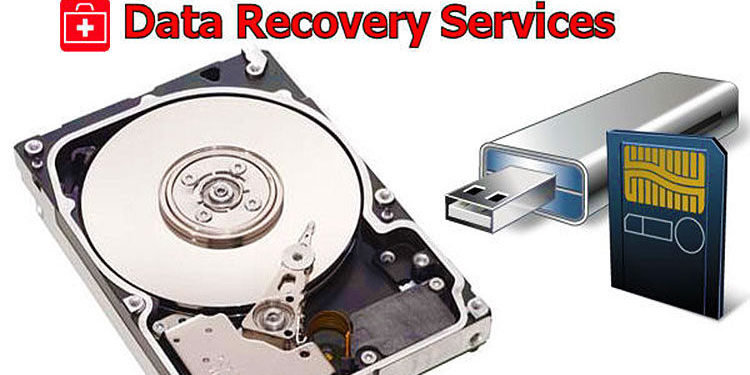Data recovery from a hard disk can be one of the most challenging tasks for newbies. This has given rise to the question, “can data be recovered from hard disk?” Whether the hard disk is corrupt, damaged, or burnt, the answer is “yes.” Data can be recovered from hard disk. This can be very simple when the right tools are used, or the process is followed.
Note that if your hard disk is old or has a massive amount of bad sectors, it might be too hard to perform a recovery. A specialist could handle this.
But if the drive is terrible due to virus or malware infection or maybe software glitches like a corrupt driver or outdated OS – data can be retrieved easily. At times, in this kind of condition, it can be recovered without making use of any tool.
The following might be the cause of a hard disk crash.
- Drive overheating
- Mechanical damage caused by improper usage
- Bad disk handling
- File system errors
- System file corruption
- Moisture
- Virus or malware infection
- Serious fragmentation
- Loose connections and wires
- Sudden power surge or failure
What to do when a hard disk crash
Make use of a tool to diagnose the SMART disk detail. The SMART parameters will show the problems, making you find the right process to follow to handle the crashed hard disk. Note that handling this issue is not as easy as you think, especially if you are a novice. It is recommended that you seek the help of a professional hard drive recovery near you.
Follow these three steps to recover data from a crashed hard disk
- One of the first things to do immediately a crash occurs is to stop using the hard drive or storage media. Don’t make any hit and trial fix because it can reduce your chances of retrieving your data. Instead, make use of a tool to detect the drive health status. Don’t force the system to boot; it may lead to permanent damage to the hard disk or push it beyond data recovery. If the hard disk is corrupt (RAW) after crashing and the system is not booting, quickly eject the drive from the system and use a SATA-to-USB converter cable to connect the disk to another working computer and follow the next process.
- Diagnose if the disk can be detected on the working computer. Do this by pressing the Windows and X key together, then select Disk Management. From here, you can see if the hard disk is detected. If you cannot detect the hard disk, then you need to contact a specialist immediately. However, if the disk can be identified, then follow on to the next process to retrieve your inaccessible data from the bad disk.
- At this point, if you are using a tool, then you can go ahead and begin the retrieval process. But, if you don’t have a tool and you are not an expert in this, then contact the nearest professional hard drive recovery near you.
Fast Tips to Avoid Hard Disk Crash and Data Loss
Follow up on these tips to avoid crashing hard disk and losing your data.
- Ensure to keep a backup regularly.
- Click to remove external hard drives safely before unplugging it.
- Provide an uninterrupted power supply.
- Handle your hard drive, and computer carefully form sudden shock, falls, and damages.
- Keep the drive optimized by running CHKDSK scan often and defragment the drive.
- Create a proper flow of ventilation around your hard disk and computer to avoid overheating.
In conclusion, you cannot predict a hard drive crash, but, you can prevent it by following the above tips. One of the best ways to prevent data loss caused by hard disk crash is to observe a regular data backup, and you can get a data recovery tool or software. Your backups will restore any lost files, and the software or tools will help you recover files that cannot be found on your last backup. Always note that in case you cannot make use of your backup or recovery tool or software, you can reach out to the nearest professional hard drive recovery close to you.


